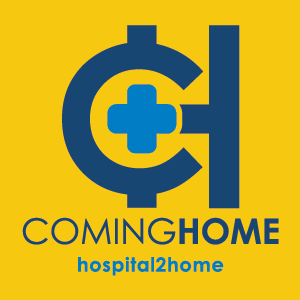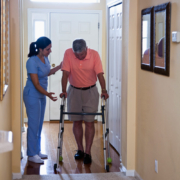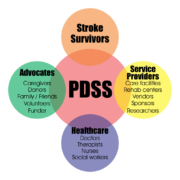COMING HOME CAREGIVERS
Coming Home organisation(CHO) work trains and assign qualified Caregivers to help patients in anyhow they require medical and recovering assistance.
There are millions of people who serve as caregivers. Some caregivers work for home care agencies and others work independently. No matter what type of caregiver a person may be, there are common and important qualities that most seem to possess, to perform caregiving duties successfully. When you can identify that the person has these common qualities you will know that your loved one is in pretty good hands.
Here are some of the characteristics caregivers must have:
- Patience
Those who provide home care to others need to be patient. Being patient means that the person understands that there may be changes in plans, things may not go as quickly as planned.
- Compassion
When someone has compassion for another they have an understanding of what the person is going through.
- Attentiveness
It is important when providing home care that the caregiver is attentive to the needs and changes that are taking place.
- Dependability
It is imperative that a caregiver be dependable and show up to provide the care that the person needs and is counting on.
- Trustworthiness
Caregivers are often in a position that will allow them to have access to the belongings of the person they are caring for.
Some of the roles and responsibilities of good Caregivers includes but not limited to:
- Assess medical needs
- Prepare care plan
- Assist with basic needs
- Provide companionship
- Assist with transfer and mobility
Follow cho on social media to get the best caregiver to care for your family.



